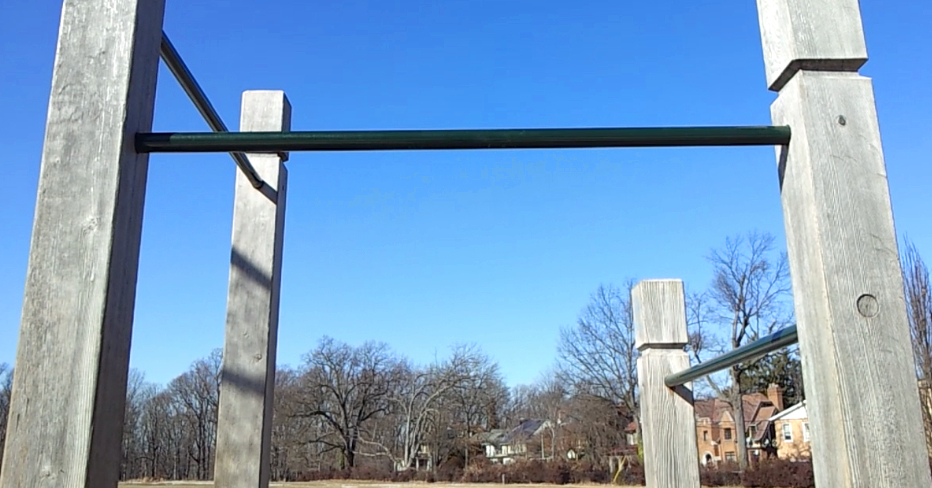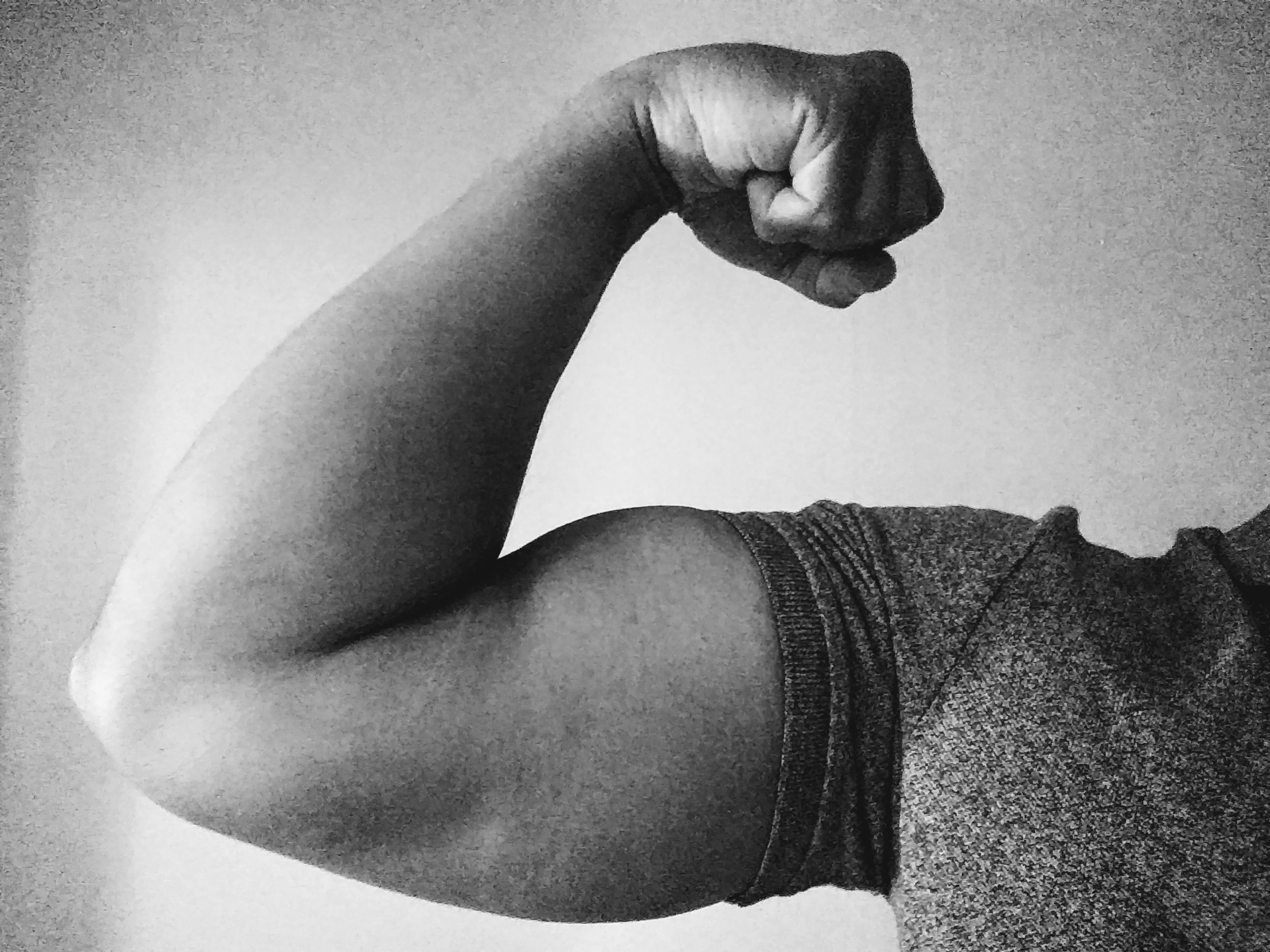If you are 40 or older and you’re contemplating ways to blast away fat, build powerful-looking arms and shoulders, get that “V” shape you had twenty years ago, and develop upper-body strength, you should consider incorporating pull-ups into your current fitness regimen.
However, there are 5 important things that men 40 and older should take into consideration if they want maximum results from a pull-up program.
Let me add the obligatory note that I do not have any medical credentials, and everyone—not just folks 40 and older—should consult a doctor before starting an exercise program or undertaking extremely strenuous activity. In addition, this discussion is focused on pull-ups for men who are healthy, injury-free, and exercise at least semi-regularly.
With no further ado, here are 5 things you should consider:
1. Start Slowly and Take it Easy
If you are a beginner it is important to start slowly. Most older guys already know this. However, many men become competitive ego maniacs when they enter a gym. They don’t want other men to think they are weak, slow, or lack endurance.
You know the type. They walk into the gym saying to themselves “take it slow.” Next thing you know they are attempting to bench press their max—or, in this case, they’re prematurely maxing out on pull-up sets.
When you are just starting a pull-up regimen, you should do a couple of light, low-repetition sets. In fact, it’s a good idea to start with a “test” set to approximate what your maximum effort would be for a single set. Then, to be safe, your initial sets (over the first few days) should be around 50 to 75% of your maximum effort.
It’s always better to be safe than sorry.
2. Remember, Quality over Quantity
Whether it’s lifting weights, running, tennis, or calisthenics, it is important to achieve and maintain proper form during physical activities in order to avoid injury. This is especially true for men 40 and older, because they can be susceptible to injuries.
When you start a pull-up program your muscles will not be used to the stressful mechanics of the exercise. So, take it easy and do your pull-ups properly.
3. Set Goals and Monitor Your Effort
If you just want to lightly incorporate pull-ups into your existing exercise activities for the sake of workout diversity then you may not want to set any serious pull-up goals. However, if you are considering an intense workout regimen based largely on pull-ups then I highly recommend that you write down your goals as well as your sets and reps to track your progress.
I like to write my goal for the day (number of desired pull-ups) along with the date, time, number of sets, repetitions per set, and even the time for each set.
4. Eat Nutritious Food and Rest Well
When it comes to losing weight and becoming spectacularly fit, it is all about consistently eating healthy and getting rest. Pull-ups require a lot of energy, and the exercise puts a lot of stress on the body, so it’s especially important to eat right and sleep well.
You may want to add a protein supplement to your diet. But do not exclude carbohydrates from your diet, because your body needs the extra energy for a serious pull-up regimen. Just remember to eat “good carbs.”
In addition, it is important to note that the recovery period is always just as important as the actual workout. That means that in addition to getting quality sleep at night, your regimen needs to have days designated for rest.
5. Visualize Your New Strong Physique
Many professional athletes and coaches know that the key to better athletic performance is visualization. This is, of course, true for men over 40 too. You should visualize yourself exercising with proper form, feeling strong, looking great, and reaching your pull-up goals.
I’m sure you’ve heard the expression “mind over matter.” This is especially important for most men 40 and older, because they feel as though that they are physically not what they used to be. In my opinion, that’s not always true, but even when folks have lost it (strength, flexibility, etc.) they can regain it if they REALLY believe in themselves—and they have the discipline to make it happen.
The mind and body are miraculous.
Please trust me on this one.






